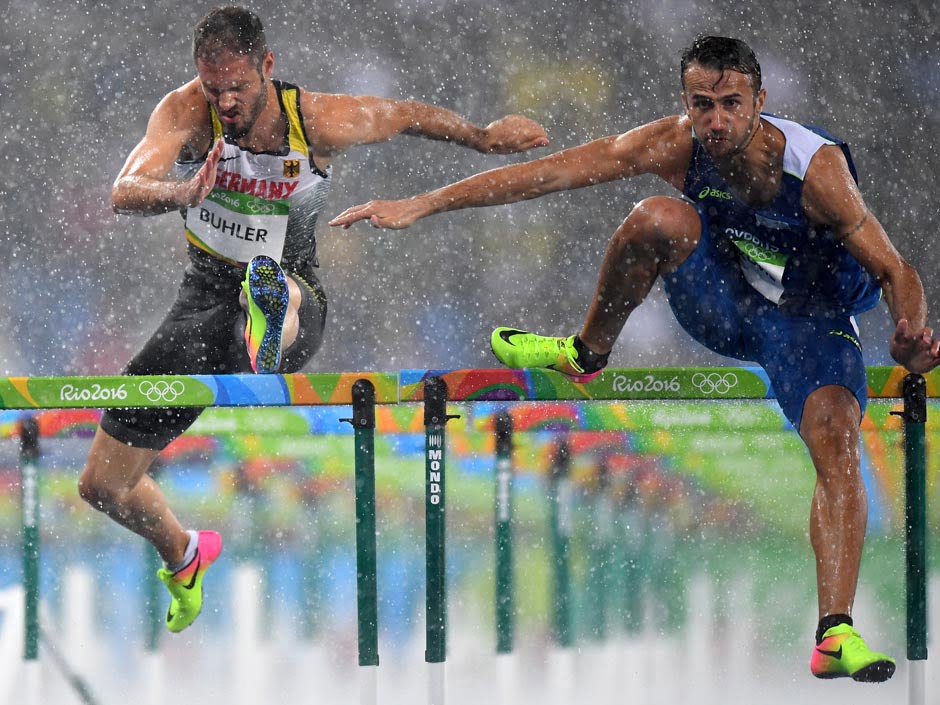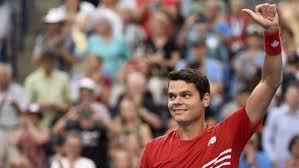Canadian Cyclists Hope to Put Their Climbing Skills on Display in Olympic Road Races This Weekend

RIO DE JANEIRO — It’s going to be difficult, unpredictable, hectic, chaotic, mountainous and filled with tight corners.
The cycling road races on the first weekend of competition at the Olympic Games will take place on a course unlike any other on the world circuit.
“I’m surprised someone signed off on a course this hard,” New Zealand’s George Bennett said Thursday. “We’ve never seen a course like this before and probably won’t see one like it again.”
As daunting as that sounds, it’s doing nothing to deter the Canadian cyclists, who are itching to get out on the course and see what they can do.
The three-member Canadian men’s team will compete on the 241.5-kilometre course on Saturday, one of the first events of the Games, while the three Canadian women will race Sunday over 140 km. Both courses are expected to favour expert climbers, making the race difficult to predict.
“All of our races are incredibly hard, but every race has different elements that make it challenging,” Winnipeg’s Leah Kirchmann said. “We need to be really smart where we use energy and be in the right place in the right time in those key moments of the race.”
The women’s team also includes Tara Whitten of Toronto and Karol-Ann Canuel of Amos, Que. Both also are entered in individual time trial on Wednesday, which is a 30-km race, and much of the Canadian focus has been on that event.
“When we do a lot of our performance modelling, we are definitely in the top 10 on both counts in the time trial,” Canadian road cycling team leader Jacques Landry says. “The results they’ve had in the last five, six years are behind the logic for that focus. All that leads us to believe that both of those girls have really good potential in the time trial.”
Kirchmann is an alternate for the time trial, so it’s possible she’ll be the lead rider for Canada in Sunday’s road race, even though climbing is not her specialty. Canuel is stronger in that area.
“We’ll have a few strategies,” Landry says. “We’ll meet Friday after we get the start list and that will determine a bit of what the strategies are. But we’ll establish a couple of strategies and see which one plays out and we’ll put the best one into play. We want to make sure we leave as many bullets in the chamber as possible for the time trial, as well, especially on the women’s side because we are focusing on that.
“Karol-Ann is the best climber of the three so she would be favoured for the road race, but the trick is she’s also favoured for the time trial and we don’t want her to expend too many bullets in the road race.”
On the men’s side, Mike Woods of Ottawa will be the lead rider, with Antoine Duchesne of Chicoutimi and Hugo Houle of Sainte-Perpetue, Que., riding in support.
“It’s going to be a real race of attrition,” Woods says. “There are probably only 10-15 guys in this race that can win so it really is going to be coming down to those last three circuits and the guys who can conserve the most over the course of the day and hit out well on that last climb are going to have the most success.
“I’m really hoping I’ll be one of them. My form is really good, I know I can climb with the best riders in the world. For me, it’s just a matter of having a real smooth and efficient race. I can’t have any crashes, can’t have any mechanical problems and I can’t have any mistakes. I have to ride a real flawless race and if I do that I can be with those top-10 guys.”
The Dutch women, led by 2012 Olympic gold medallist Marianne Vos, likely have the best shot at topping the podium again on the women’s side, but the unpredictability created by the extremely challenging course will give more of an advantage to the teams with the most versatility than just the ones with the most pure talent.
“For us it’s going to be about being opportunistic,” Landry says. “It’s about reading the race, knowing there are strategies out there and being able to make decisions on the fly.”








